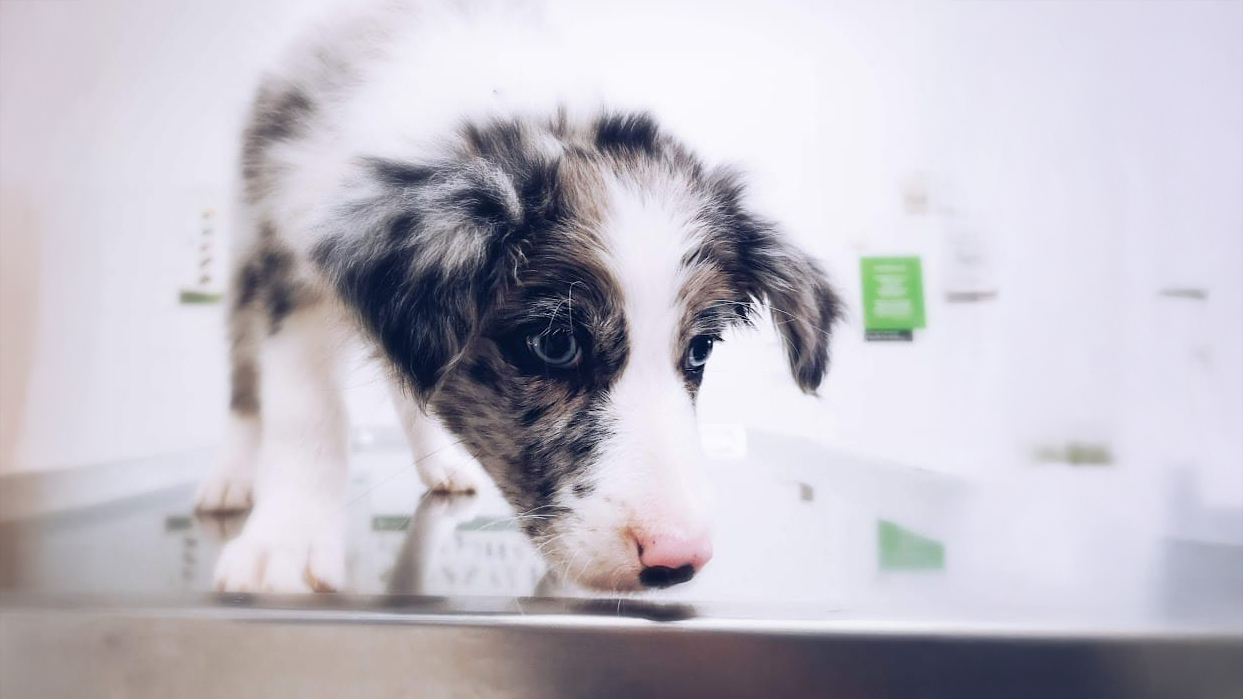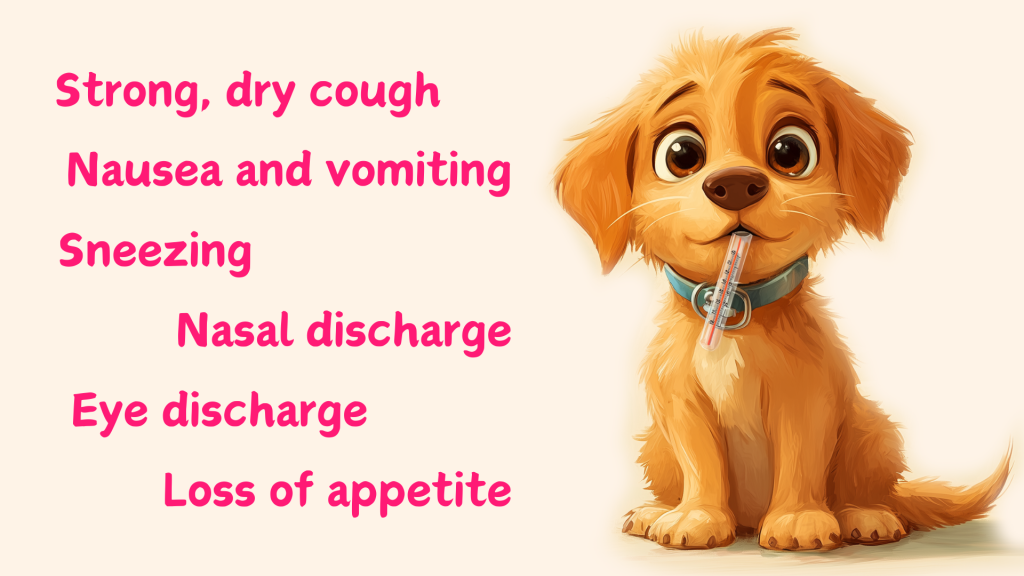Vaccines against parainfluenza, adenovirus 2, and canine distemper virus are recommended as a preventive measure. Although vaccinated dogs can still get infected, the disease is usually milder and less dangerous than in unvaccinated dogs.

Kennel cough, also known as infectious tracheobronchitis, is a common problem in dogs, especially at the end of summer and during the fall months. It is one of the most common infectious diseases of the upper respiratory tract, transmitted through the air, saliva, and secretions from infected dogs. It most commonly occurs in environments where many dogs are gathered together, such as shelters or dog schools.
Puppies are the most susceptible, and complications are more common in them. Older dogs with weakened immune systems, pregnant bitches, and dogs with chronic respiratory problems are also at increased risk.
The incubation period, the time from infection to the appearance of the first symptoms, is usually 7 days, but can range from 4 to 14 days.
If kennel cough appears in your dog, you will first notice a strong, dry cough. The dog may begin to gag and occasionally vomit. A watery nasal discharge may also be present. In mild cases, the dog may still remain active and have a normal appetite. In more severe cases, the symptoms may progress and could include fever, loss of appetite, and lethargy. The disease can also develop into pneumonia.

The disease is caused by various viruses, such as parainfluenza, adenovirus 2, canine distemper virus, canine herpesvirus, reoviruses, and others. It often complicates with a bacterial infection, particularly with the bacterium Bordetella bronchiseptica or mycoplasmas. The infection can be caused by a single microorganism or by a combination of several pathogens.
If you notice symptoms of kennel cough in your dog, consult a veterinarian immediately to assess the condition and prescribe appropriate treatment. In mild cases, rest, adequate fluid intake, and a high-quality diet rich in vitamins are recommended. In most cases, the disease resolves on its own within about 14 days. In more severe cases, medications are needed to reduce inflammation and coughing, and in the case of bacterial infection, antibiotics may be prescribed. If pneumonia develops, hospitalization and intensive therapy are often required.
If the veterinarian confirms kennel cough, it is important to prevent the spread of the disease. Dogs may remain contagious for several weeks after the symptoms disappear, so it is crucial to isolate the infected animal from other dogs. In the case of a mild infection, walks should be short and less strenuous, and a harness is preferable to a collar. Normal physical activity can be resumed approximately one week after the cough has stopped.
Vaccines against parainfluenza, adenovirus 2, and canine distemper virus are recommended as a preventive measure. Although vaccinated dogs can still get infected, the disease is usually milder and less dangerous than in unvaccinated dogs.